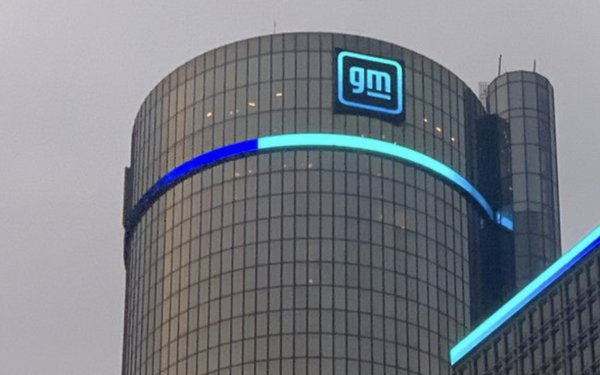
Based on automotive buying activity
in 2024, overall industry loyalty rates saw a slight year-over-year improvement for the third year in a row, according to S&P Global Mobility.
Brand loyalty was at 51.6% for
2024, an increase of 0.6 percentage points compared to 2023 levels of 51.0%. This loyalty increase came as customer return to market volume grew by 4% versus the previous year, signaling not only that
more people are coming back to purchase vehicles, but they are remaining with their previous brand when doing so.
General Motors was recognized for Overall Loyalty to Manufacturer,
while Tesla was awarded Overall Loyalty to Make.
The S&P Global Mobility Loyalty Awards are based on an analysis of over 13.1 million new retail vehicle registrations in the
U.S. during the 2024 calendar year. The awards highlight the importance of brand loyalty, determined when a household that owns a new vehicle returns to the market to acquire another vehicle of the
same make, model or manufacturer.
advertisement
advertisement
This year’s awards marked repeat wins for both GM and Tesla. GM’s win marks its 10th consecutive award and 21st out of the last
29 years. Tesla’s awards for Overall Loyalty to Make, Ethnic Market Loyalty to Make and Highest Conquest Percentage mark the third year in a row the brand has won in these categories.
Subaru regained the Overall Loyalty to Dealer award after previously winning it in 2022 while newcomers Lincoln Corsair and Land Rover took home awards for Overall Loyalty to Model and Most
Improved Make Loyalty.
This year’s winners have emphasized the different levels of effort being put into loyalty across the industry, says Vince Palomarez, associate director
loyalty analysis at S&P Global Mobility.
“I think a key highlight of this year is that industry loyalty improved for the second year in a row after several years of
decline due to the pandemic,” Palomarez tells Marketing Daily. “While loyalty levels have not risen to pre-pandemic levels, the gradual increases are signaling that customers are
returning to the brands they are familiar with as inventory levels are stabilizing.”
Two big surprises in this year’s results were Land Rover’s win for Most
Improved Make Loyalty and the Lincoln Corsair’s win for Overall Loyalty to Model, he says.
“Land Rover had a sizable increase in make loyalty compared to last
year, due in part to two related factors: increased incentive spending and improved inventory levels,” Palomarez says. “The combination of these two factors helped boost
retention with their increasing return to market population. Lincoln’s win is a continuation of the strength of their customers loyalty to the brand’s updated lineup of models. The
Corsair’s win is the second Overall Loyalty to Model win for the brand after the Nautilus won the award last year.”
While Tesla has faced backlash due to founder’s Elon Musk’s political activity,
it’s too soon to say whether it will affect ongoing loyalty to the brand, he says.
“We can only speak to what our data is telling us about Tesla, which is that
they remain the industry leader in make loyalty for 2024,” Palomarez says. “While they are the leader, there has been some decline in their loyalty in the second half of 2024, which
the data tells us can be attributed to a couple of things: an increase in available EV models, along with a higher rate of migration towards hybrid models throughout the industry.”
S&P Global Mobility has been tracking automotive loyalty for 29 years. Loyalty is determined when a household that owns a new
vehicle returns to market and acquires another new vehicle of the same make, model or manufacturer. The newly acquired vehicle may be either a replacement or an addition to the household
fleet.